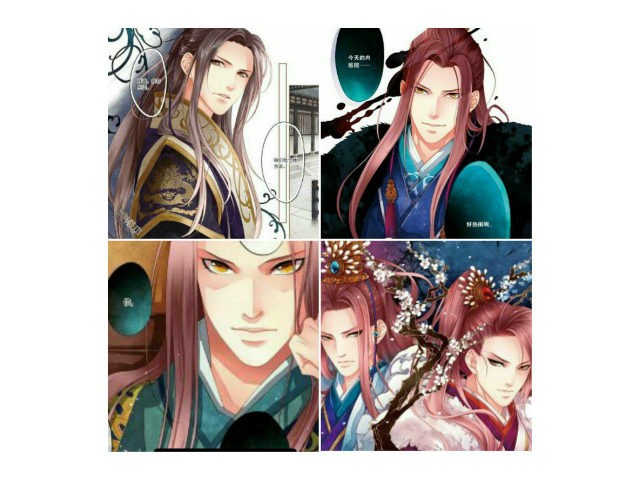The Chinese state newspaper Global Times is warning authors of danmei, a majority female-written genre of online gay fiction, which communist government officials have banned; they are offering digital currency in exchange for reporting the “vulgar” content.
Global Times approaches the topic from an economic standpoint, noting that outlets that have had success publishing danmei fear that they will no longer be able to profit from the content, as foreign distributors interested in buying the fiction now fear running afoul of the Chinese government.
“I was in the process of selling the adaptation rights of some of our novels and even considered bringing in investors to expand the platform. The investors initially showed great interest but after the release of the two regulations last week, they got cold feet,” an anonymous owner of a danmei website told the government-controlled outlet.
The crackdown is part of a larger censorship system debuting last week. According to the Times, “The State Administration of Press, Publication, Radio, Film and Television (SAPPRFT) made public a guideline that says all online literary platforms will be assessed annually on an 100-point scale, of which 30 points will be dedicated to ‘value guidance and style of thought.'”
All works of fiction must now “reflect core socialist values and abide by moral norms.”
“The regulation demands that up to 20 points be attributed to whether the platform has provided enough literary works that reflect core socialist values,” the report added, noting that the grossest violations of “value guidance” would be any content that questions or challenges China’s communist system (“serious political error”).
SAPPRFT also unveiled a new initiative in which all movie theaters in China must screen communist propaganda before the beginning of films. Television outlets must now also broadcast at least seventeen “propagandistic drama series approved by the government” each.
While typically reflecting the Chinese government’s party line and regurgitating belligerent state propaganda against the United States, the Global Times has printed comments from individuals referring to homosexuality as “normal and natural, if only present among “a small group of people.” That remark, from a sexologist, came in response to new online censorship from the China Netcasting Services Association (CNSA), which banned “pornography and vulgar tastes including abnormal sexual relations such as incest, homosexuality, and sexual abuse, as well as unhealthy views on marriage such as sexual freedom and wife swapping.”
Communist dictatorships have traditionally abused the rights of their LGBT citizens, placing them in labor camps or executing them for their “counter-revolutionary” behavior. China is no different; while there are no known statistics on the number of LGBT individuals killed or imprisoned under Mao Zedong, there is ample evidence of such abuse. China legalized homosexuality in 1997, but instances of “conversion therapy” abuses persisted.
Danmei, the gay fiction genre in question in the Times article, consists of more than consensual adult gay activity, however. Many of the stories, the New York Times reported in a 2014 story on the genre, involve abuse of men and father-son incest; though a high percentage of danmei authors are women, few of the characters created are. Some fantasies in question, the New York Times cites a scholar explaining, are meant to subconsciously “subvert the state.” The same year this profile surfaced, the Chinese government arrested over twenty women for participating in writing gay fiction online.
The crackdown on danmei is part of a broader initiative by President Xi Jinping to suppress any organic expressions of Chinese culture that the government cannot control and replace it with “socialist family values.” In December 2016, Xi delivered a speech calling for a “new trend toward socialist family values,” followed by a crackdown on dating television shows, online video that did not conform to “correct political and aesthetic standards,” and any media promoting “Western lifestyles.”

COMMENTS
Please let us know if you're having issues with commenting.